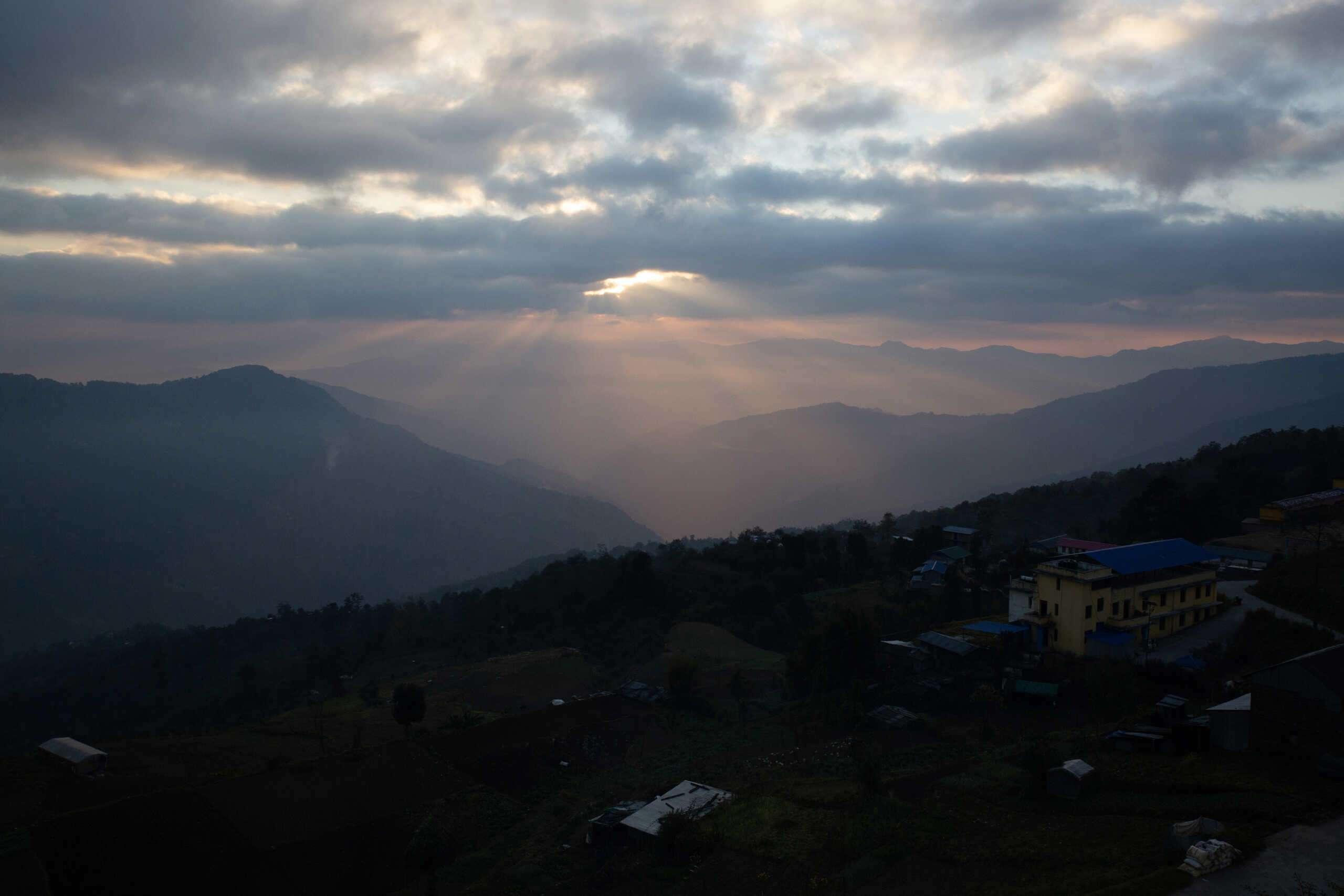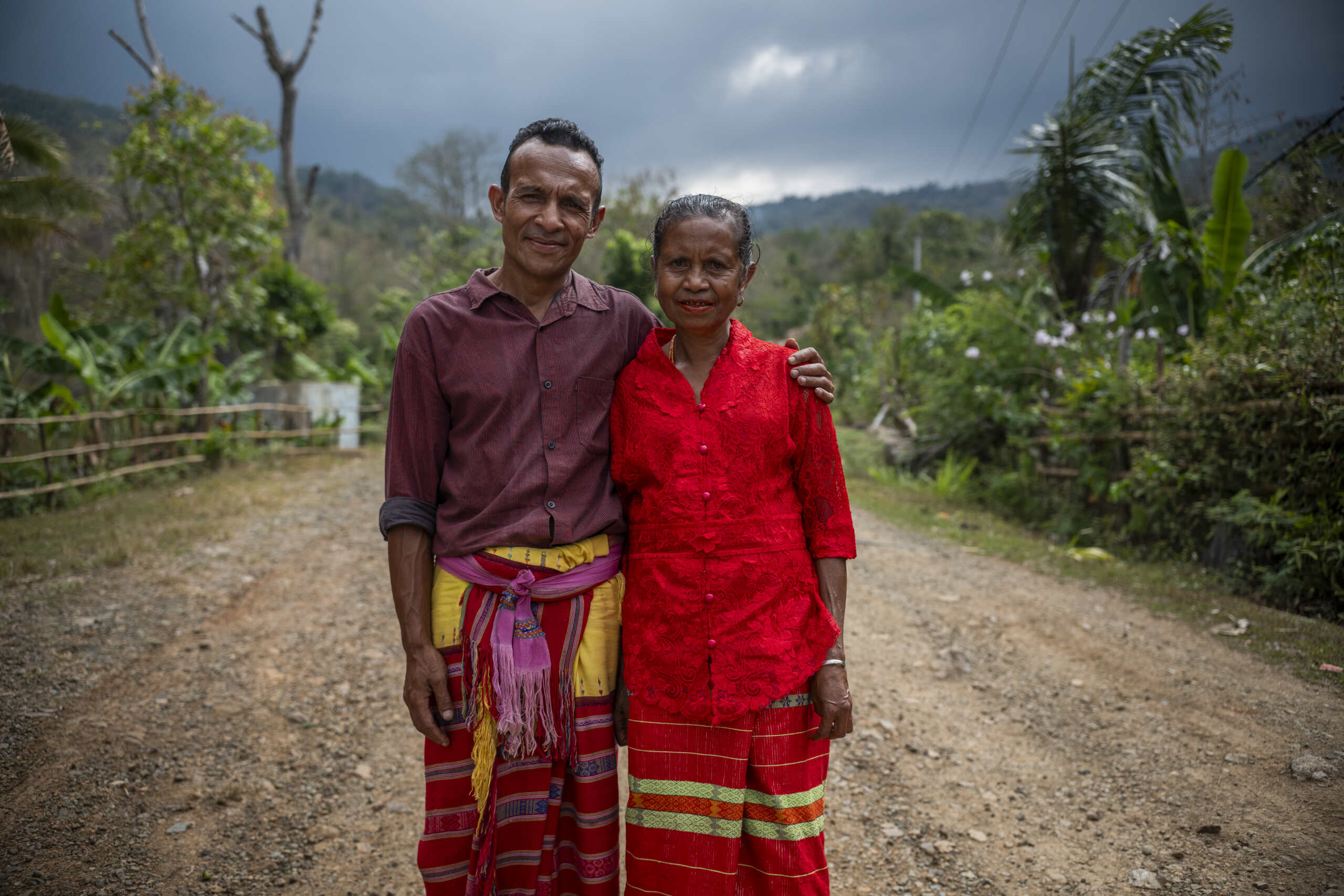Health and climate change in the Amhara Region of Ethiopia
Stories | February 10, 2022
The Amhara Region in Ethiopia has been cultivated for millennia with no variations or improvements in farming techniques. The resulting environmental damage has contributed to a deteriorating climate with shortage and fluctuating of seasonal rainfalls, frequent droughts, loss of crops and as a result, food shortages and periodic famines.
Lack of clean water, due to low rainfall and draughts, forces people in the area to consume water from unprotected sources such as rivers, ponds, unprotected springs and traditional hand-dug wells. Water sources are not well-protected from animal urine and faeces, environmental pollution and flooding, and in the rainy season people in the area are highly exposed to trachoma and other communicable diseases.
To help address these issues, CBM supported a trachoma project in Amhara. The project aimed to reduce the high prevalence of trachoma through increasing access to safe water supplies, community education, and medical prevention and treatment services. Here, like in other developing countries, people experiencing marginalisation are particularly vulnerable to climate change. It is projected that changes in climate are likely to affect the health status of millions of people, including through increased deaths, disease and injury due to heat waves, floods, storms, fires and drought. People with disabilities, who are one of the most marginalised groups of people globally, are often most impacted by climate change.
Working across many communities to eradicate the diseases which cause preventable blindness enables CBM to see the true impact of climate change. We have seen the impact of climate change on peoples’ livelihoods, increasing the likelihood of acquiring a disability by being unable to afford treatment for health conditions. Climate change also leads to people with disabilities being left behind in inhospitable and dangerous places when their families move to find work or land to farm. It makes breaking the cycle of disability and poverty harder.
Climate change is not just an environmental issue: it is also a health and a social issue. That is why when CBM implements programs, no matter if it’s in eye health or rehabilitation services, we always aim to build the resilience and capacities of people with disabilities and their families. This enables them to better cope with changes to environment around them and open more options to them when traditional ways of life are no longer sustainable.
CBM would like to acknowledge that the Amhara Trachoma Control Programme is supported by the Australian Government and the New Zealand Government.
Read more about our climate change work.
https://www.cbm.org.au/stories/health-and-climate-change-in-amhara-ethiopia
Related Stories

Building inclusive, climate resilient communities in Bangladesh
Highlights from DFAT Post’s visit In January 2026, representatives from the Australian High Commission in...

Week 1 – Lent series 2026
As we enter the season of Lent, we’re taking time as a community to pause, reflect, and draw closer to the heart of God. Lent invites...

How CBM is making a difference in Indonesia
For more than 45 years, CBM Global has been working alongside communities in Indonesia to ensure people with disabilities...
